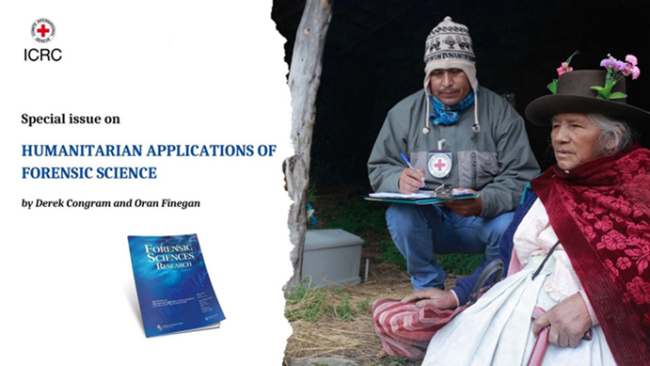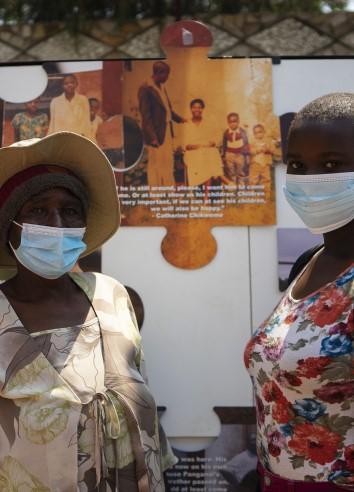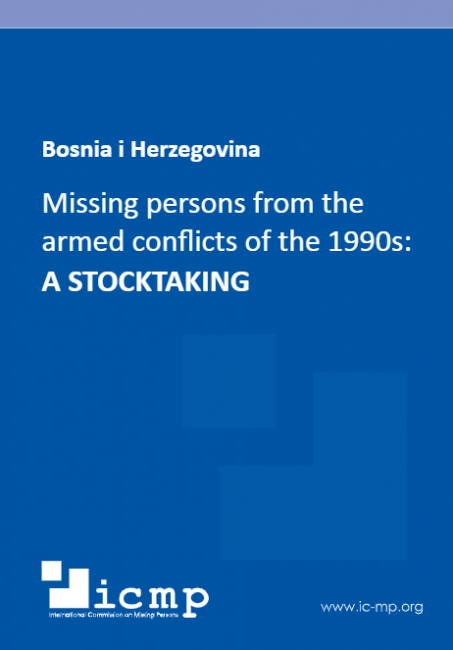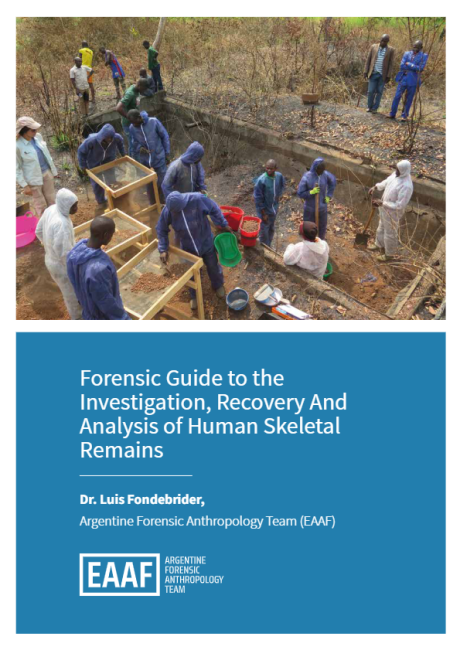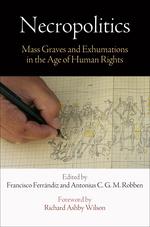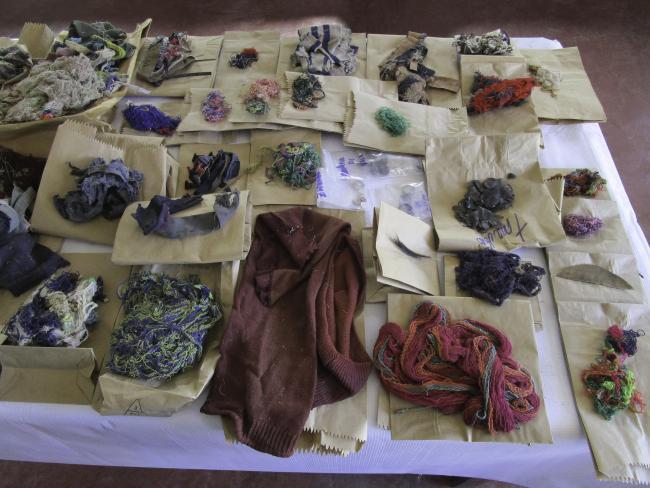
“The Nobodies”: unidentified dead bodies—a global health crisis requiring urgent attention
Every year, millions of dead people across the globe remain unidentified and are never returned to their families or communities.
The circumstances surrounding their death are often unknown, and their bodies go unclaimed. Identification represents one of the most basic of all human rights, and yet with continuing humanitarian disasters, infectious disease outbreaks, mass migrations on precarious and often deadly land and sea routes, as well as human trafficking, the numbers of unidentified dead bodies grow.
The presence of unidentified bodies raises pressing ethical and practical concerns that demand immediate attention to successfully attain global health objectives including serving the vulnerable, reducing health inequalities, and responding to humaitarian crises. From an ethical standpoint, these individuals are often denied the respect they deserve, as they are buried without proper identification, often in mass graves, and without accompanying religious or cultural ceremonies.
On a practical level, the shortage of resources results in the hasty disposal of these bodies without due regard.
Additionally, the scarcity of data on the number of unidentified dead bodies hampers the development of global health policies that could improve the health of marginalised and vulnerable populations.
The treatment of unidentified dead bodies is a personal tragedy for the families of the deceased who face the anguish of so-called ambiguous loss. This psychological state, marked by uncertainty about the fate of the missing, has severe negative effects on an individual's wellbeing and health that makes identification of the dead a crucial global public health priority.
Further, identification holds crucial legal implications, including obtaining death certificates necessary for claiming inheritance or transferring parental responsibilities. Lack of identification also hampers criminal investigations, as justice cannot be served if the victim is not named.


